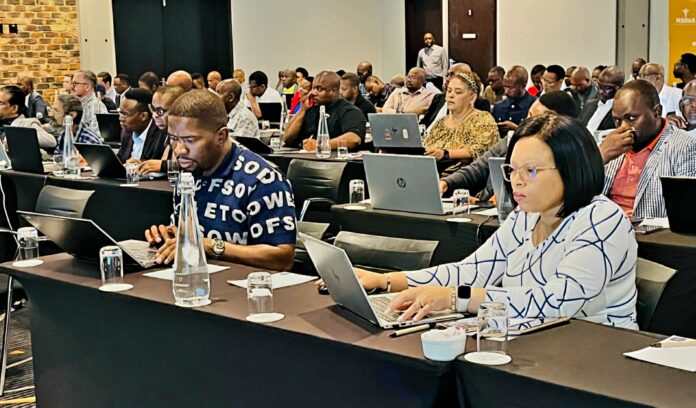A recent investigation by the Special Investigating Unit (SIU) has uncovered overwhelming accounting and oversight failures within the National Student Financial Aid Scheme (NSFAS), including the recovery of R2 billion in public funds erroneously disbursed to universities.
The probe further identified nearly 40,000 ineligible students who improperly received financial aid, exposing systemic vulnerabilities in NSFAS’s eligibility verification and fund distribution processes.
These shocking findings underscore urgent concerns about mismanagement of resources meant to support disadvantaged students, prompting calls for stricter audits, enhanced accountability, and reforms to safeguard taxpayer funds.
Investigators found that record keeping at NSFAS and tertiary education institutions was poor, especially TVET colleges:
“When you look for data or information, they do not have and they do not know where information is, SIU COO Leornard Lekgetho.
The investigation blamed the absence of synchronisation between entities, which resulted in Nsfas beneficiaries not registered at universities and enrolled students missing from NSFAS records.
Not only that, it was discovered that some fund recipients dropped out or changed modules and living (accommodation) arrangements without informing either NSFAS or their institutions among others.
Officials highlighted that once applicants were approved, NSFAS would pay institutions the agreed amount and indicted which students needed to be allocated their respective amounts. However, it was discovered that the institution was not reconciling the accounts timeously, resulting in students receiving multiple or outrageous payments.
Worst still, investigators uncovered that the bursary scheme was unable to present a list of its assets and liabilities or even the value of its debtors and/or creditors books. “The control environment is very weak. There a lot of things that happen where they are no policies that direct [processes],” said Lekgetho.
As for the students, roughly 40 000, who were wrongly allocated funding across the countr’s nine province, it was found that some falsely used SASSA beneficiary status of relatives. Other falsely claimed they had one parent when they actually had two. In some cases applicants didn’t need the criteria, yet NSFAS still approved their funding.
SIU’s recovery efforts and way-forward
- Recovery progress: SIU aims to recover R5 billion of irregular funds. From the R5 billion funds recovered so far – primarily from universities – key repayments include:
▪️University of Johannesburg: R311 million
▪️Wits University: R450 million
▪️University of Pretoria: R400 million
▪️University of the Free State: R438 million
▪️University of Fort Hare: R266 million.
These institutions account for R1.865 billion, with additional recoveries from other entities contributing to the total R2 billion.
2. Provisional nature of recoveries
- The SIU emphasises that the recovered amounts are provisional. Further audits are required to determine if additional funds are owed, indicating potential future recoveries.
3. Birectional Financial Reconciliation
- The SIU is not only reclaiming funds from institutions but also assisting NSFAS in identifying amounts owed to universities. This suggests possible overpayments and underpayments, requiring a comprehensive financial review.
4. Challenges with Celbux:
- Celbux, a voucher service provider responsible for disbursing NSFAS funds, is near liquidation and lacks critical data. This hampers the SIU’s ability to verify proper fund distribution, risking unaccounted misuse and complicating the recovery process.

